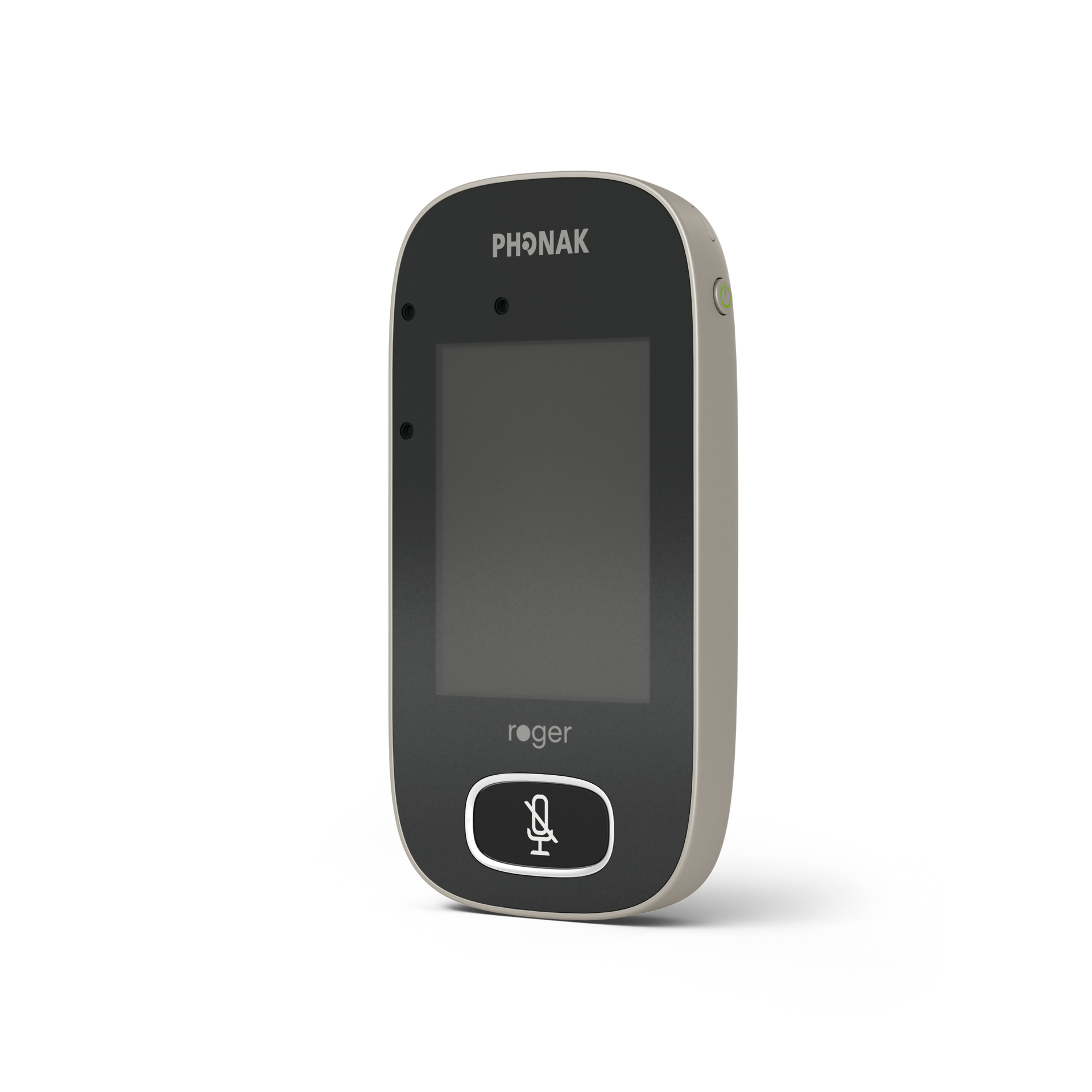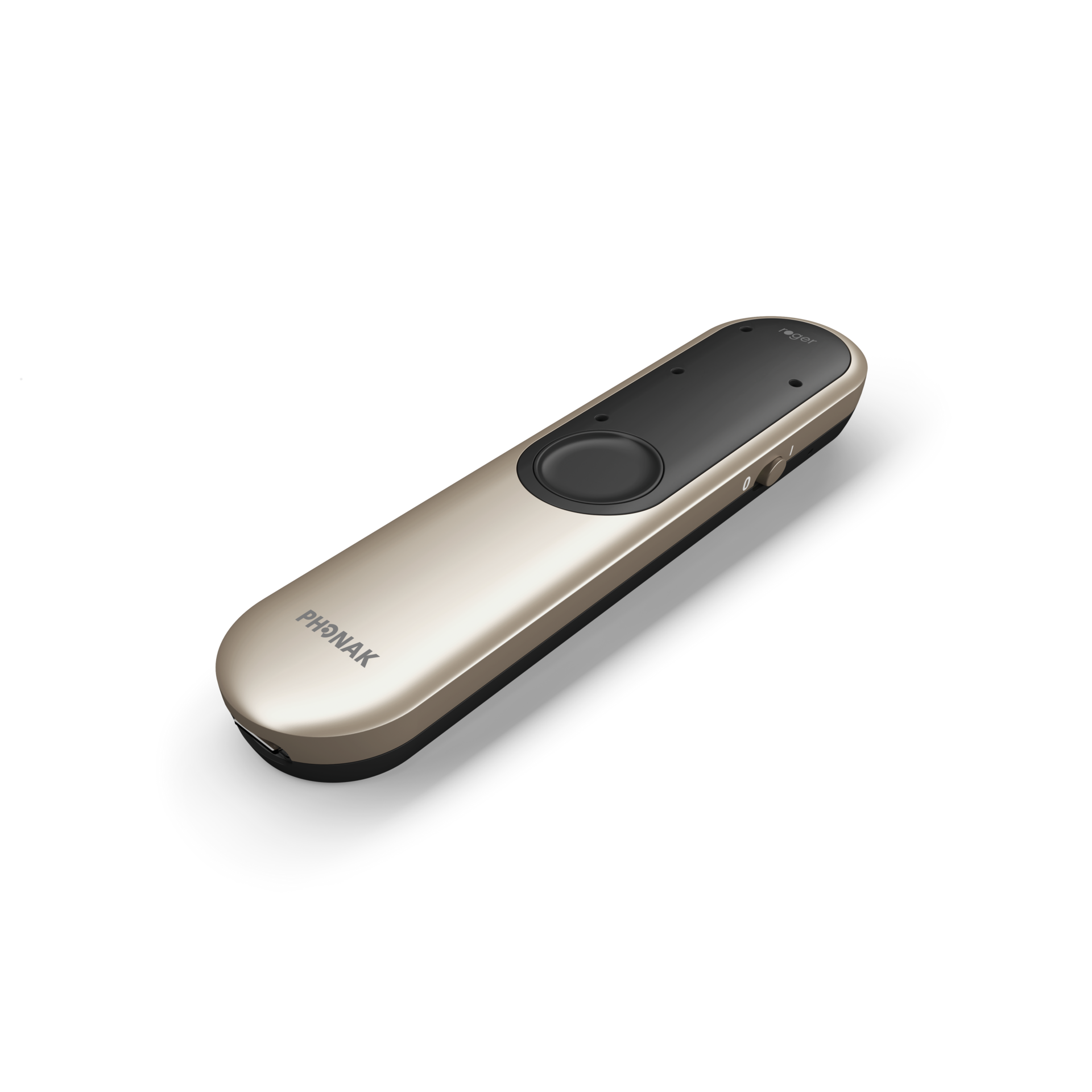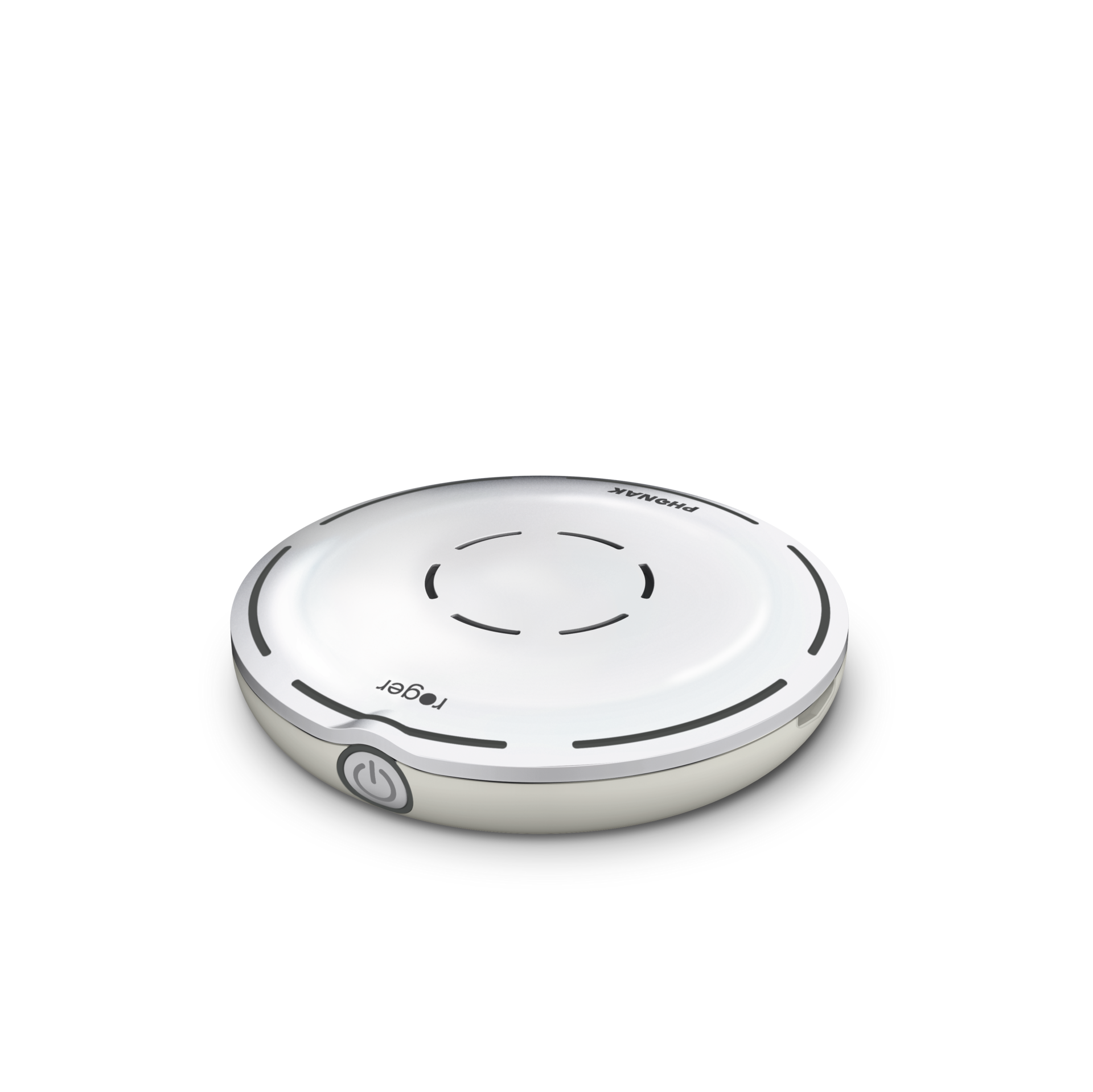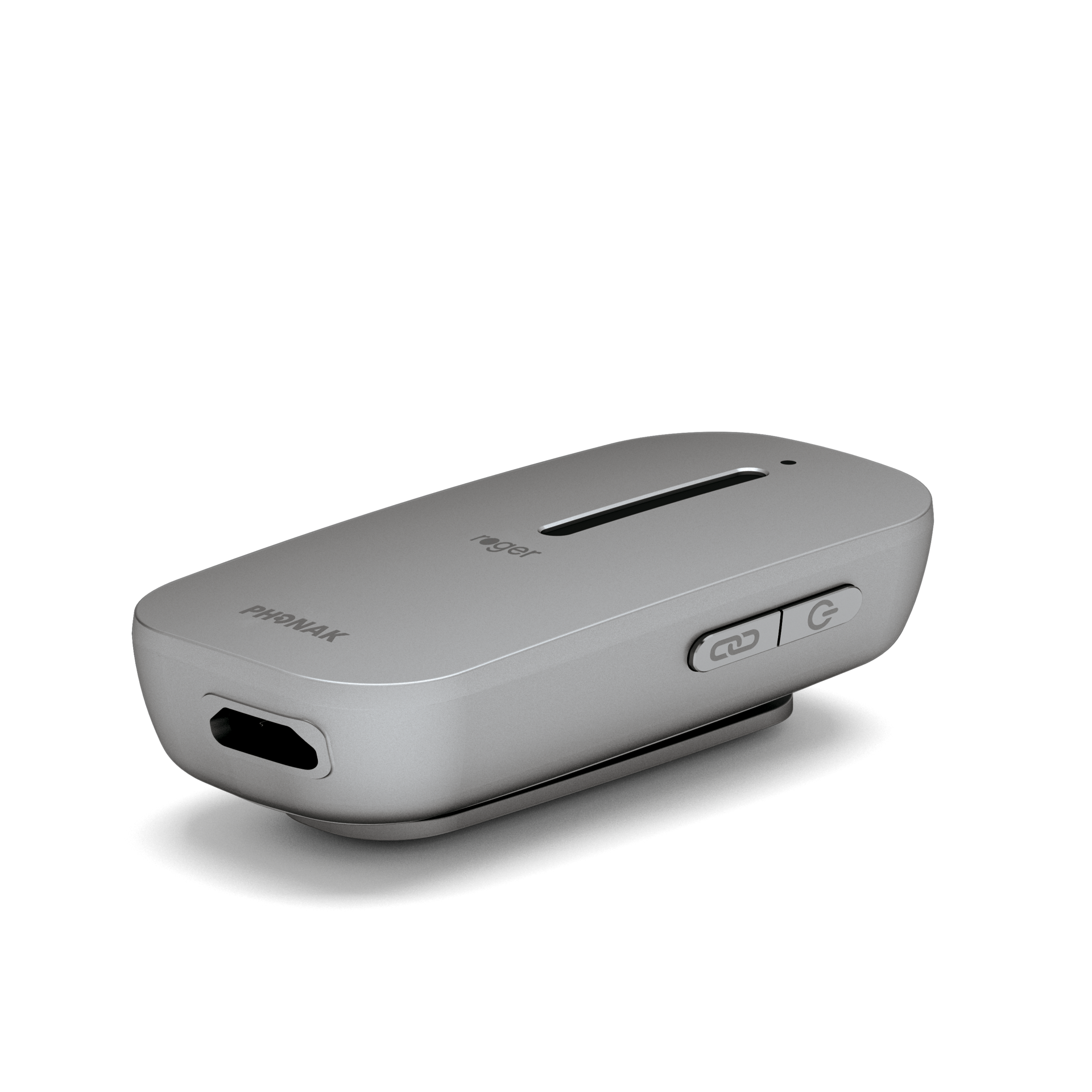Improves access to the teacher's voice by reducing the effects of distance, background noise, and reverberation.
Choose another country or region to see content specific to your location.
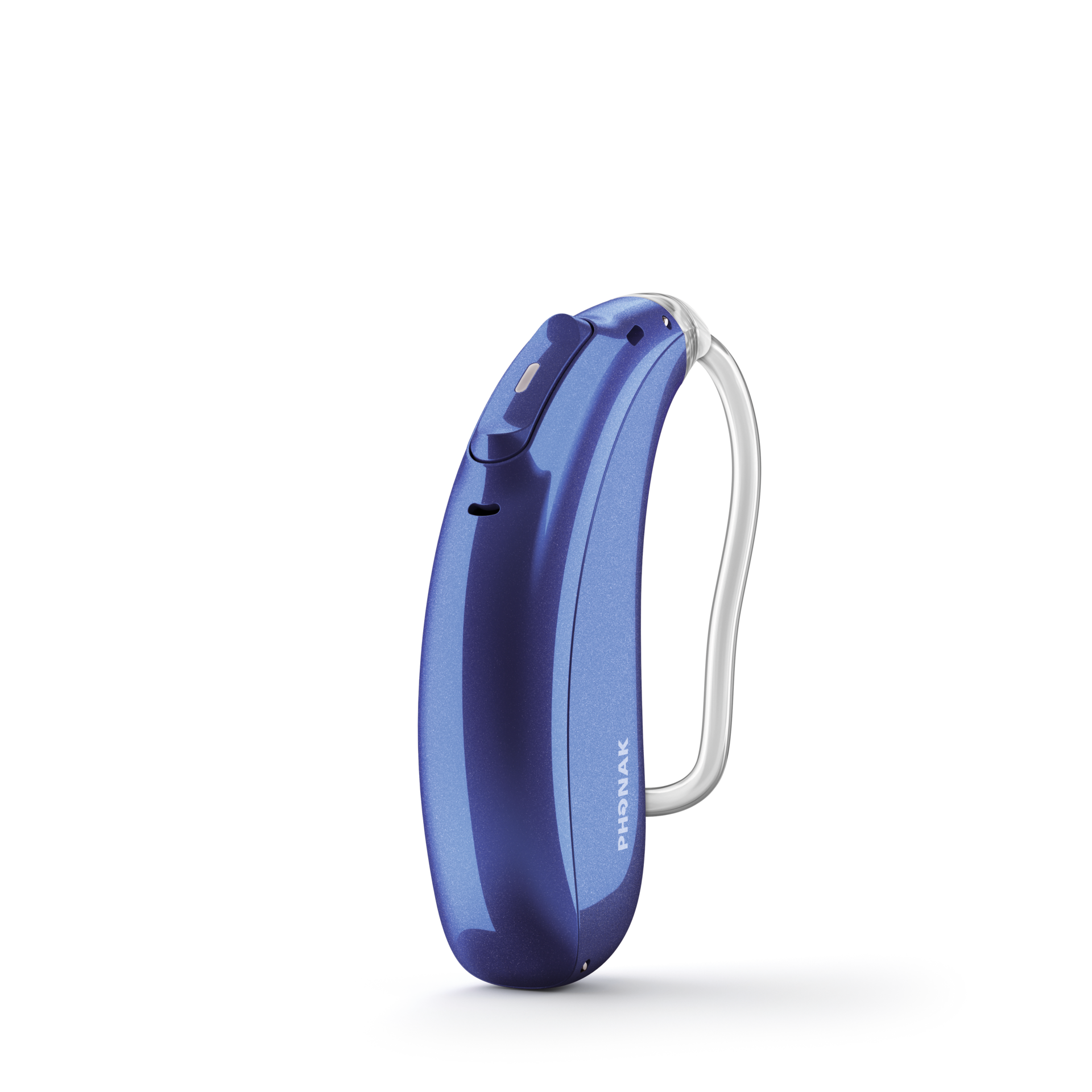
Roger™ Focus II
- Pediatric
- Behind-the-ear
- Seamless fit
The combination of Roger Focus II and a Roger microphone provides a hearing solution that brings speech directly to children’s ears with normal hearing. Beneficial for kids with unilateral hearing loss (UHL), Auditory Processing Disorder (APD), and Autism Spectrum Disorder (ASD), it reduces the effects of distance, background noise and reverberation to help children inside and outside the classroom.
- Improves access to a teacher’s voice
- Enhances speech recognition¹
- Seamless fit, even for small ears
- Adjustable volume for optimal comfort
- Reliable and robust with water resistance
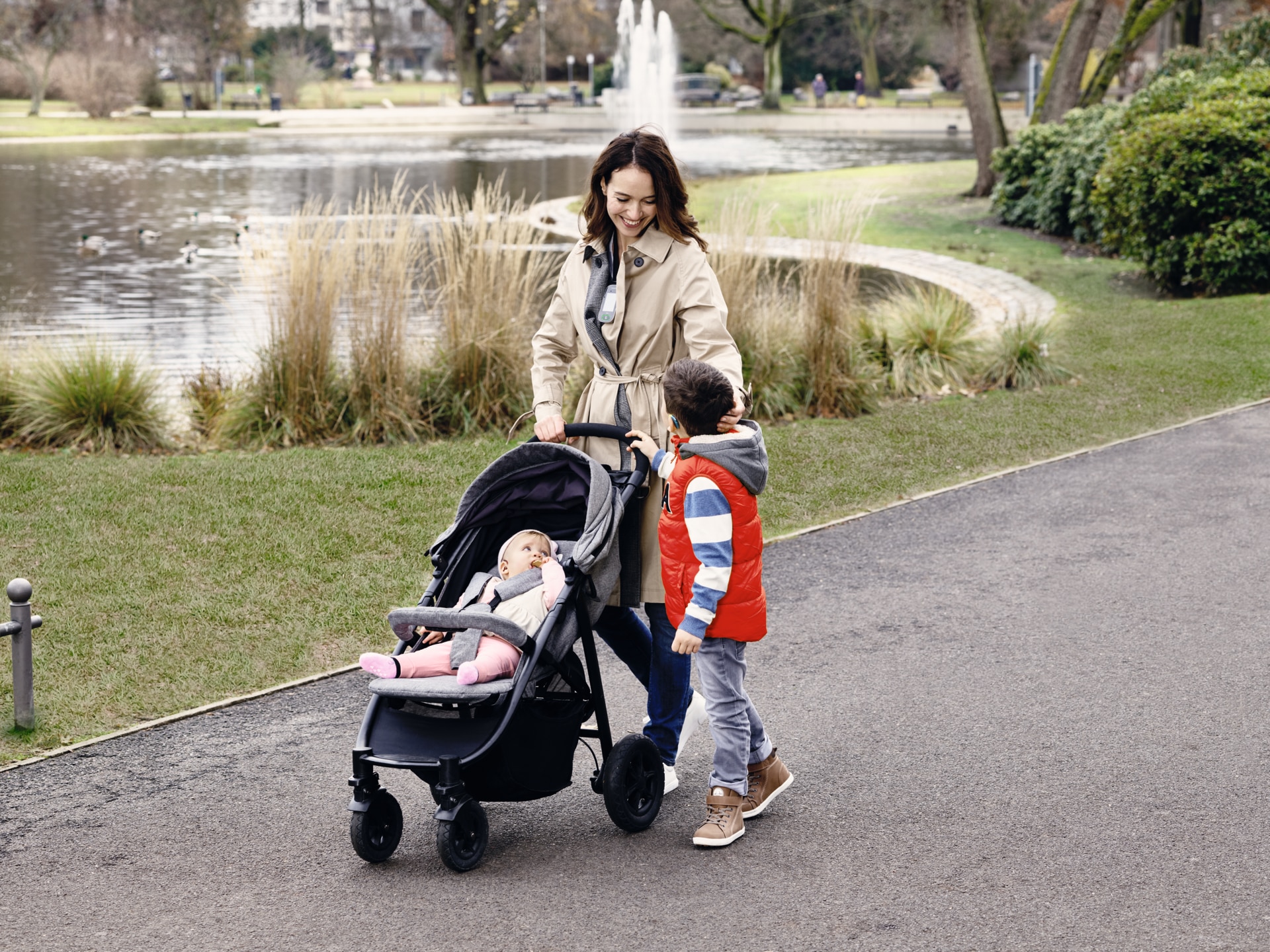
Built to help children focus
Roger Focus II is a Roger receiver designed to empower kids with UHL, APD, or ASD to hear clearly and concentrate whether in learning environments or outside.
Less distraction
Enhanced speech understanding
When using Roger Focus II, children with UHL have better speech recognition in both quiet and noise compared to no technology.¹
Seamless fit
This lightweight receiver allows your child to enjoy life with a seamless fit, even for small ears.
Volume control
Volume that is easily adjustable to suit individual preferences for loudness comfort and speech understanding.
Tough design
Resistant to water and dust so nothing gets in the way of a child's active lifestyle.
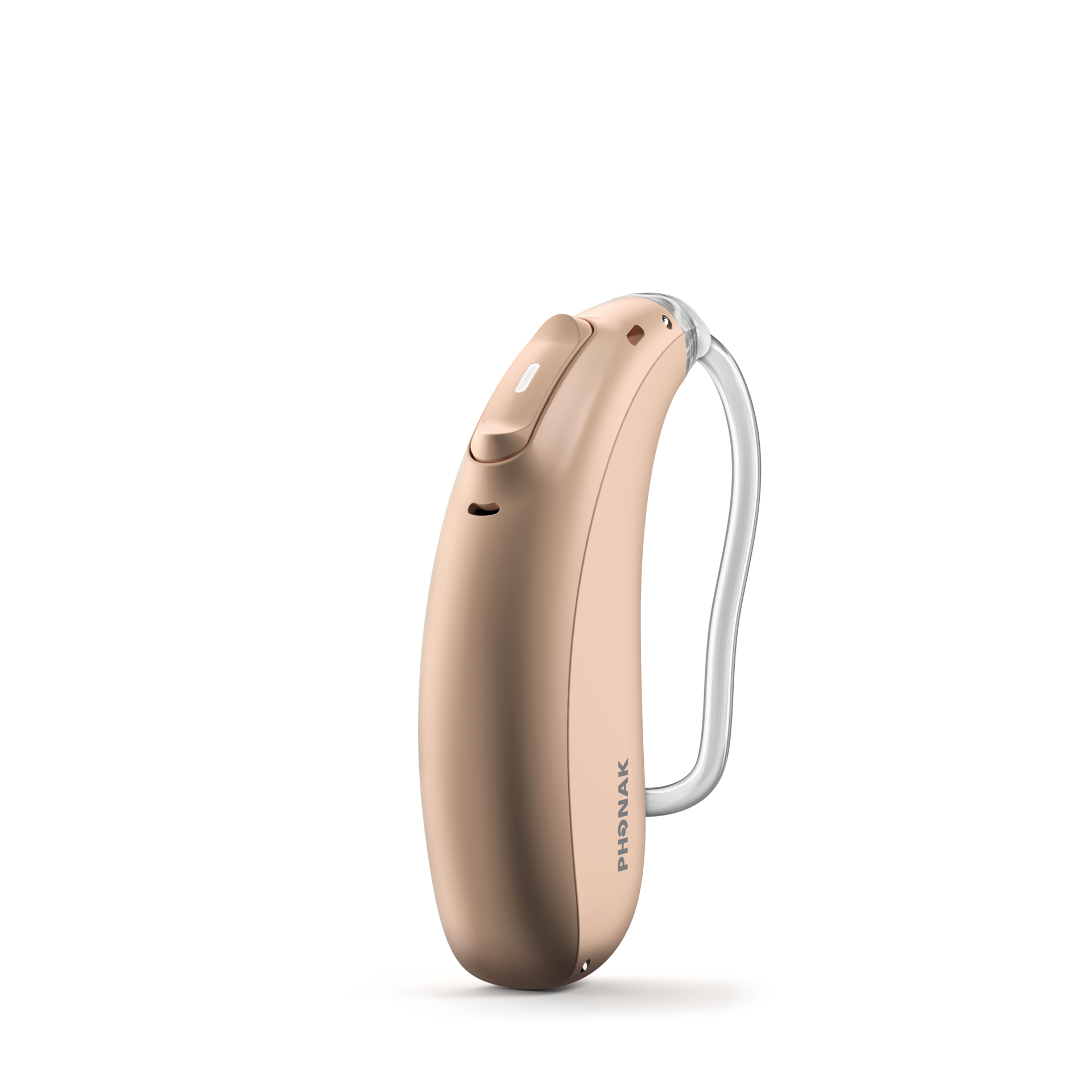
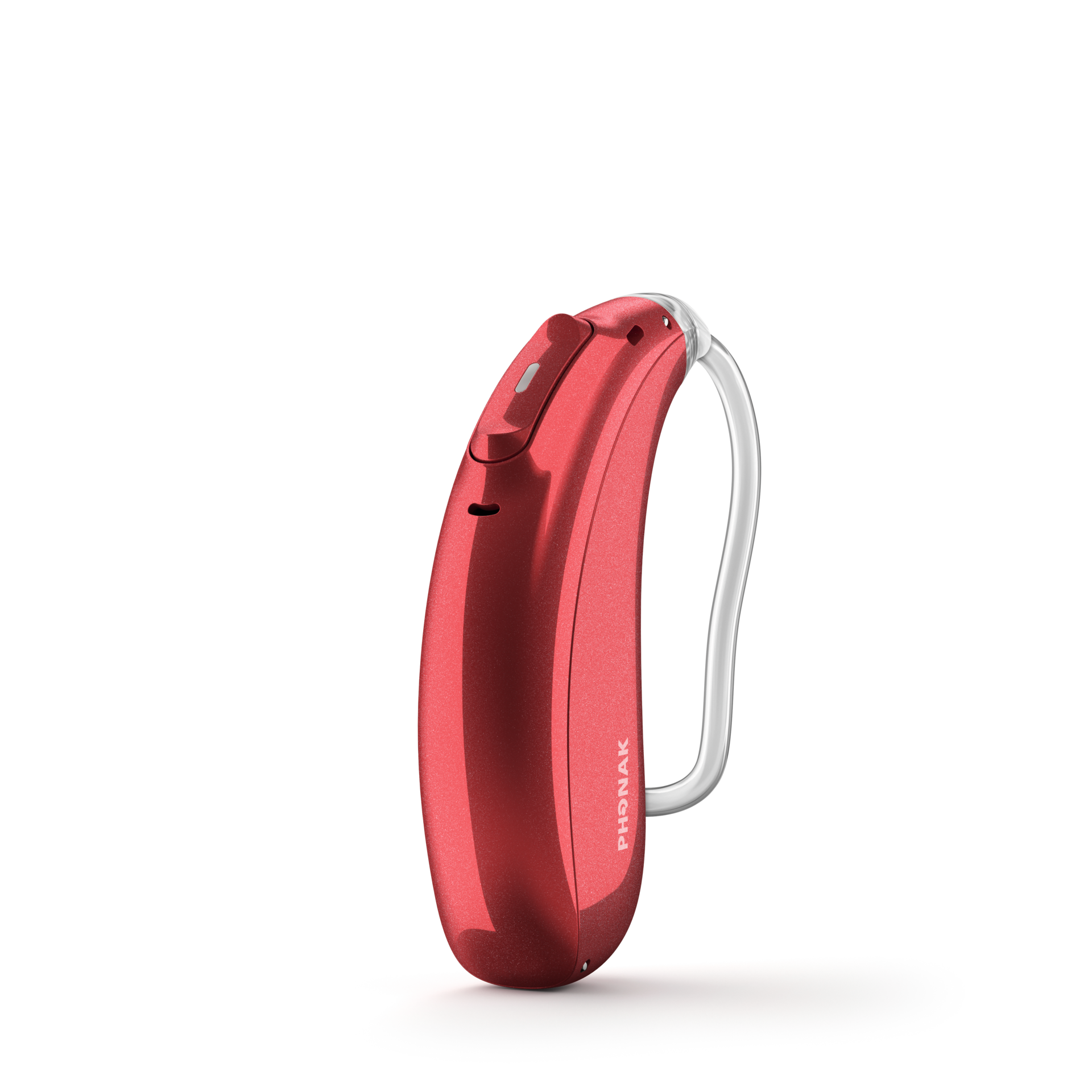
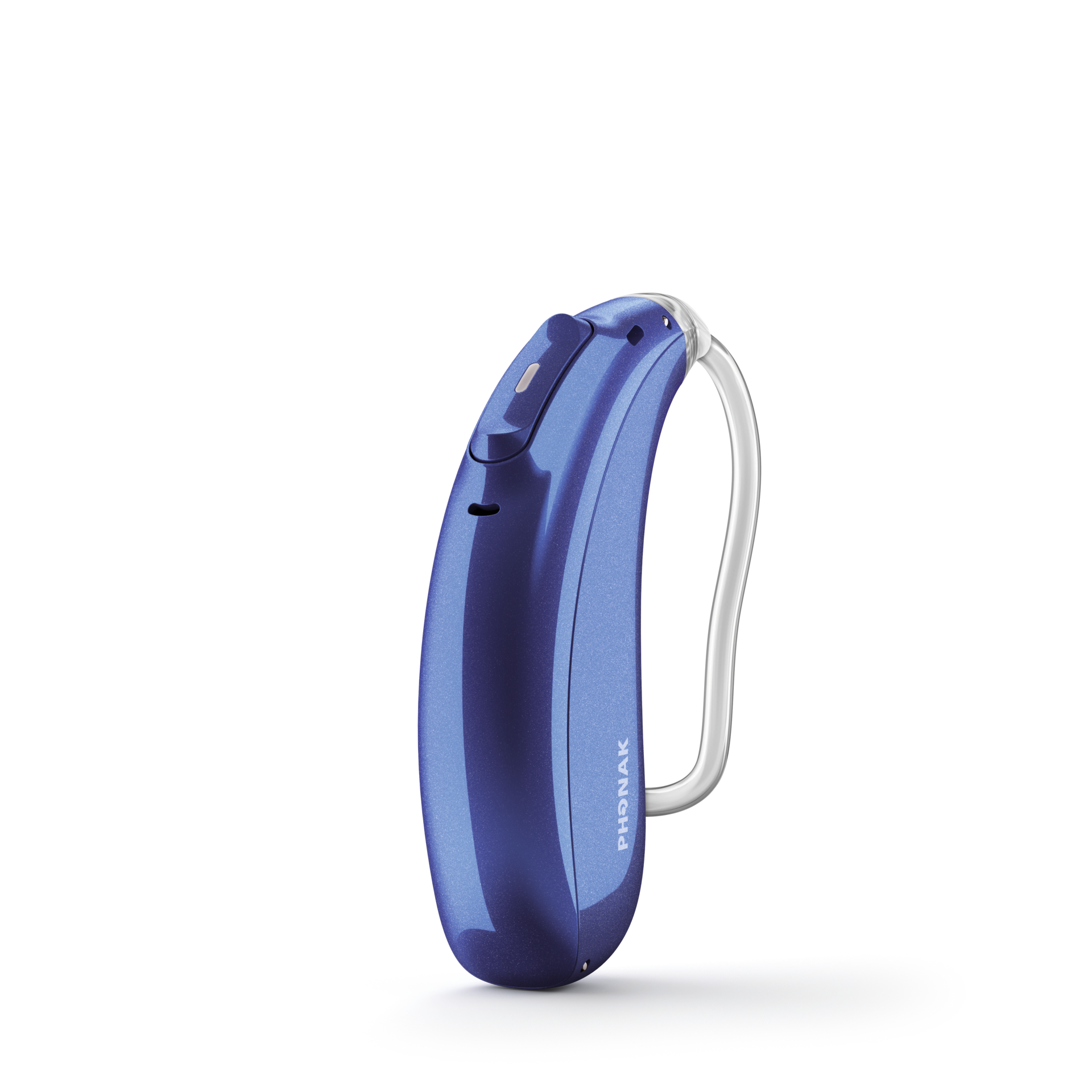
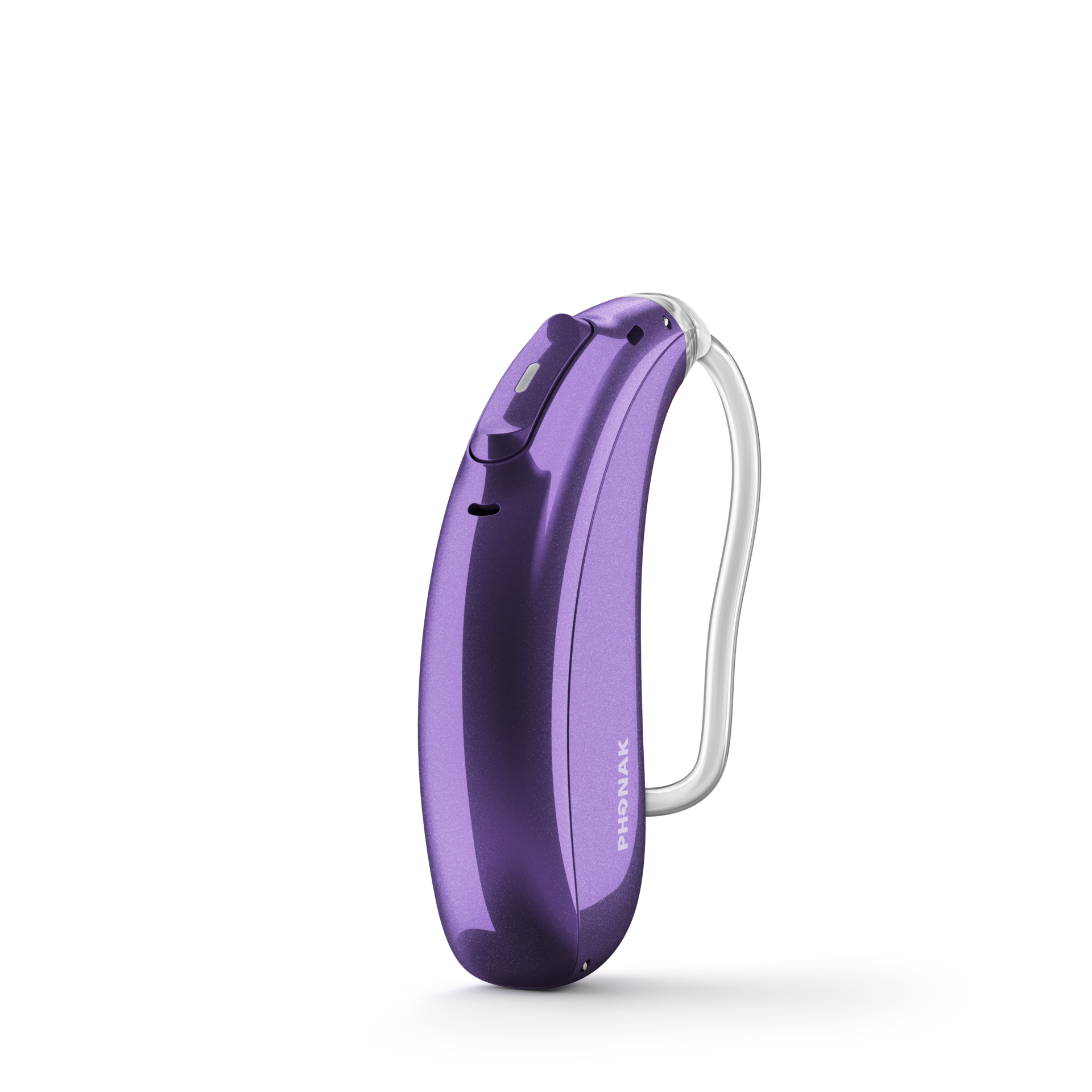
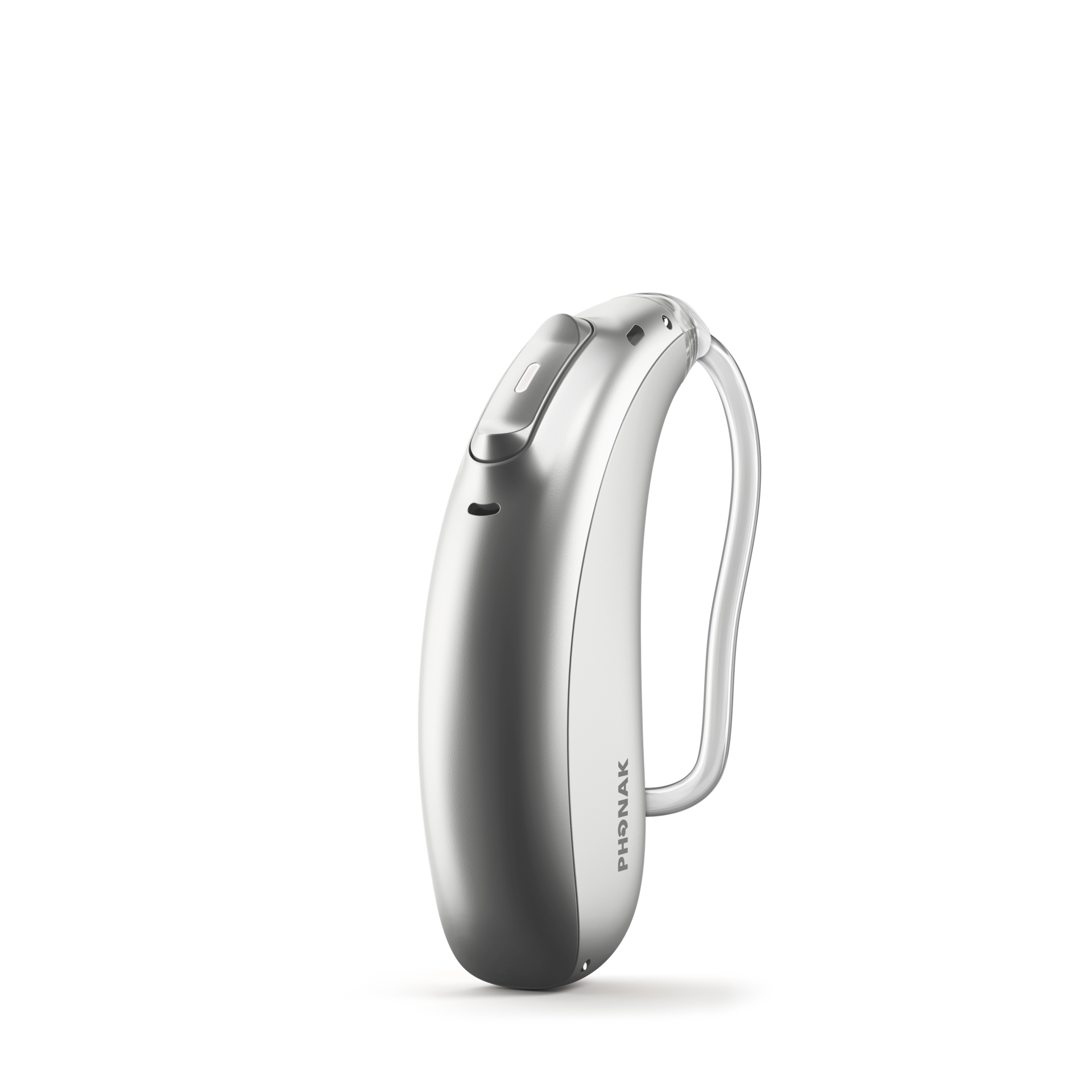
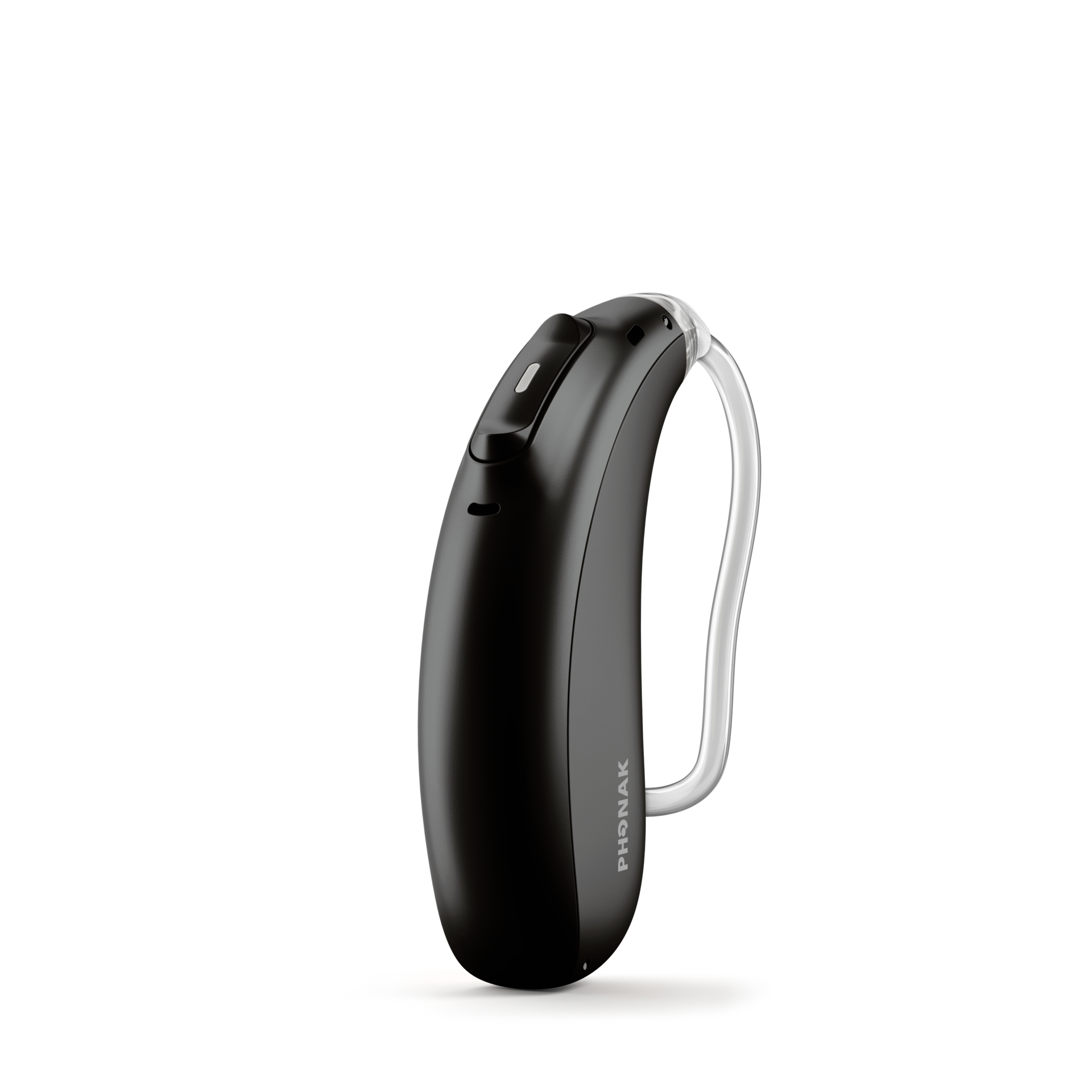
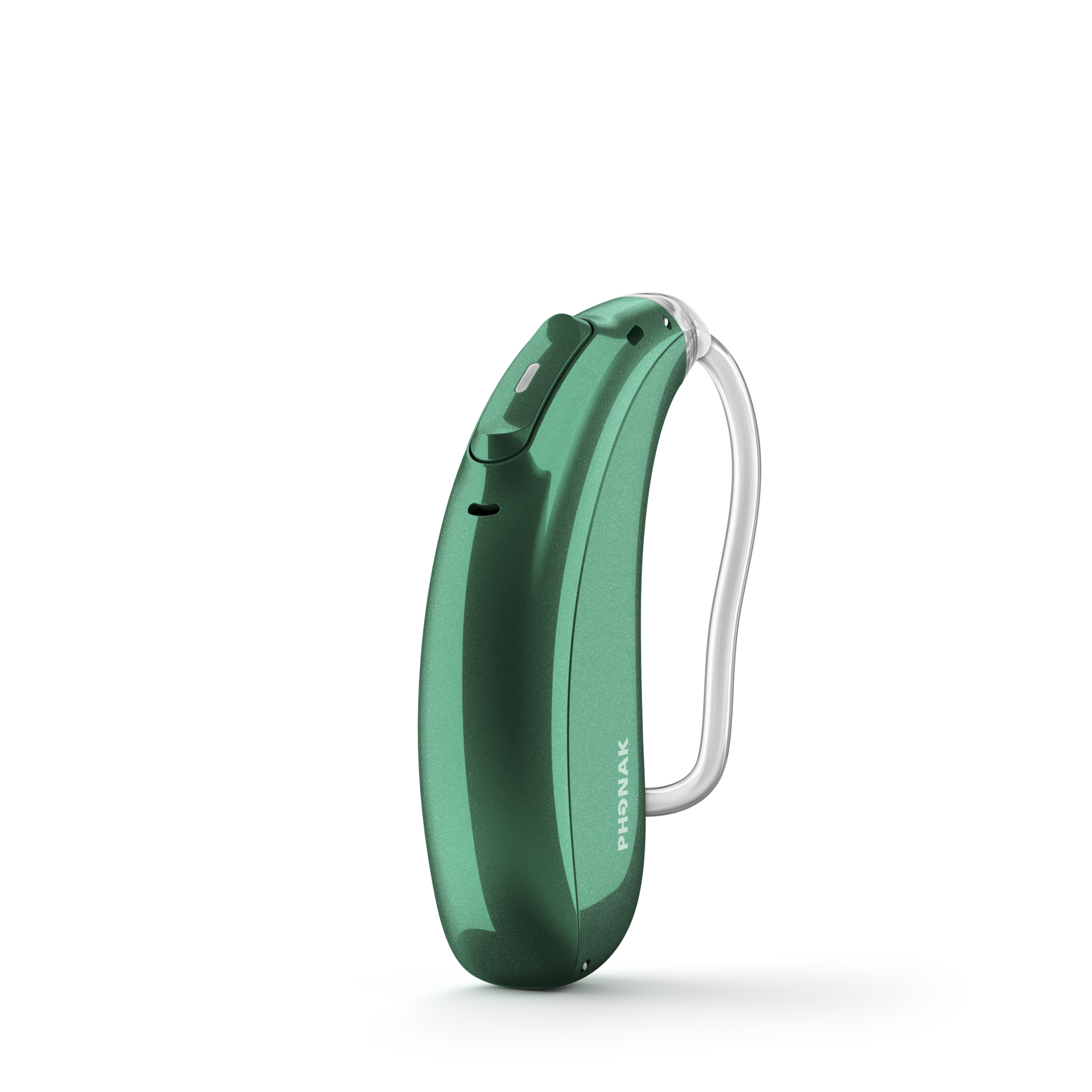
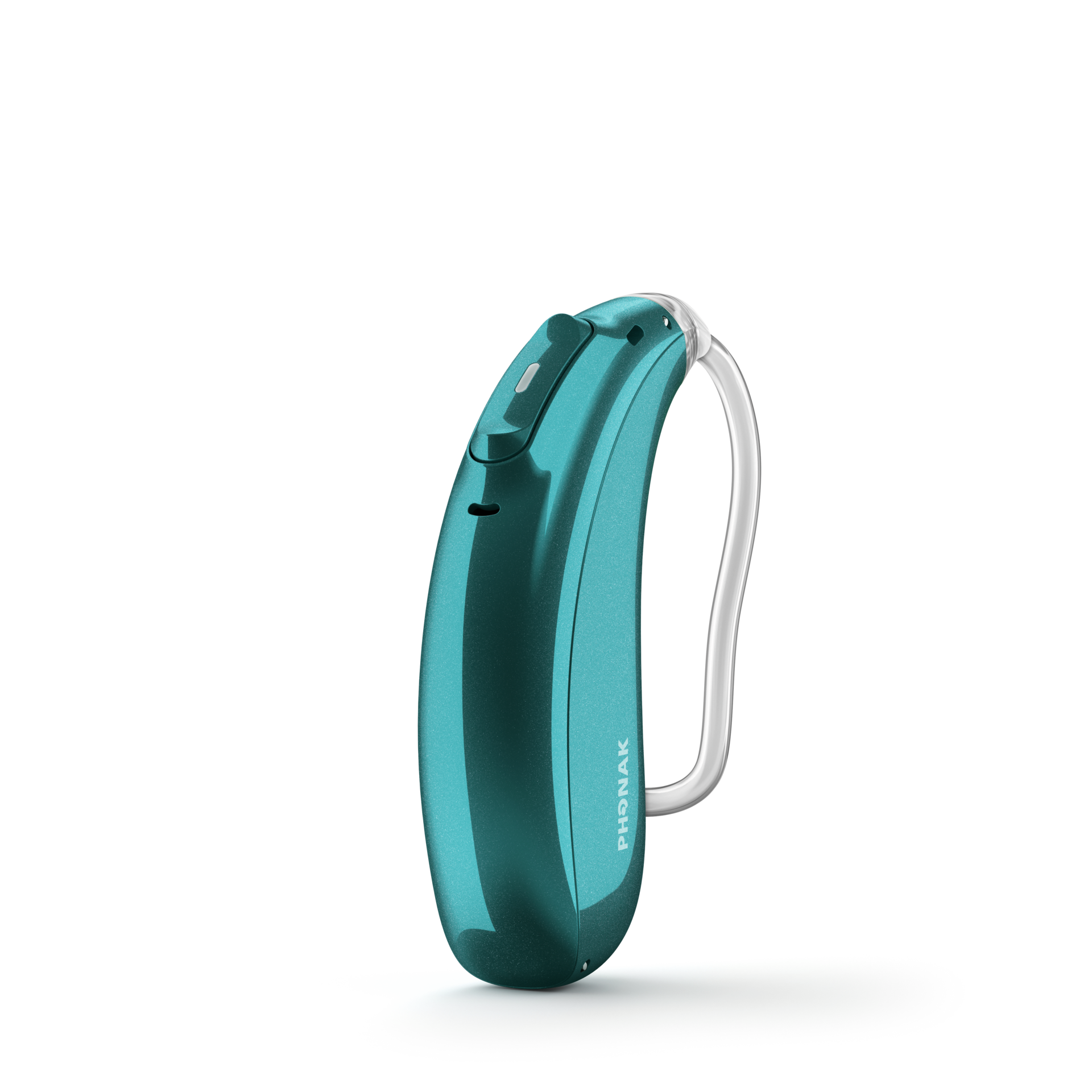
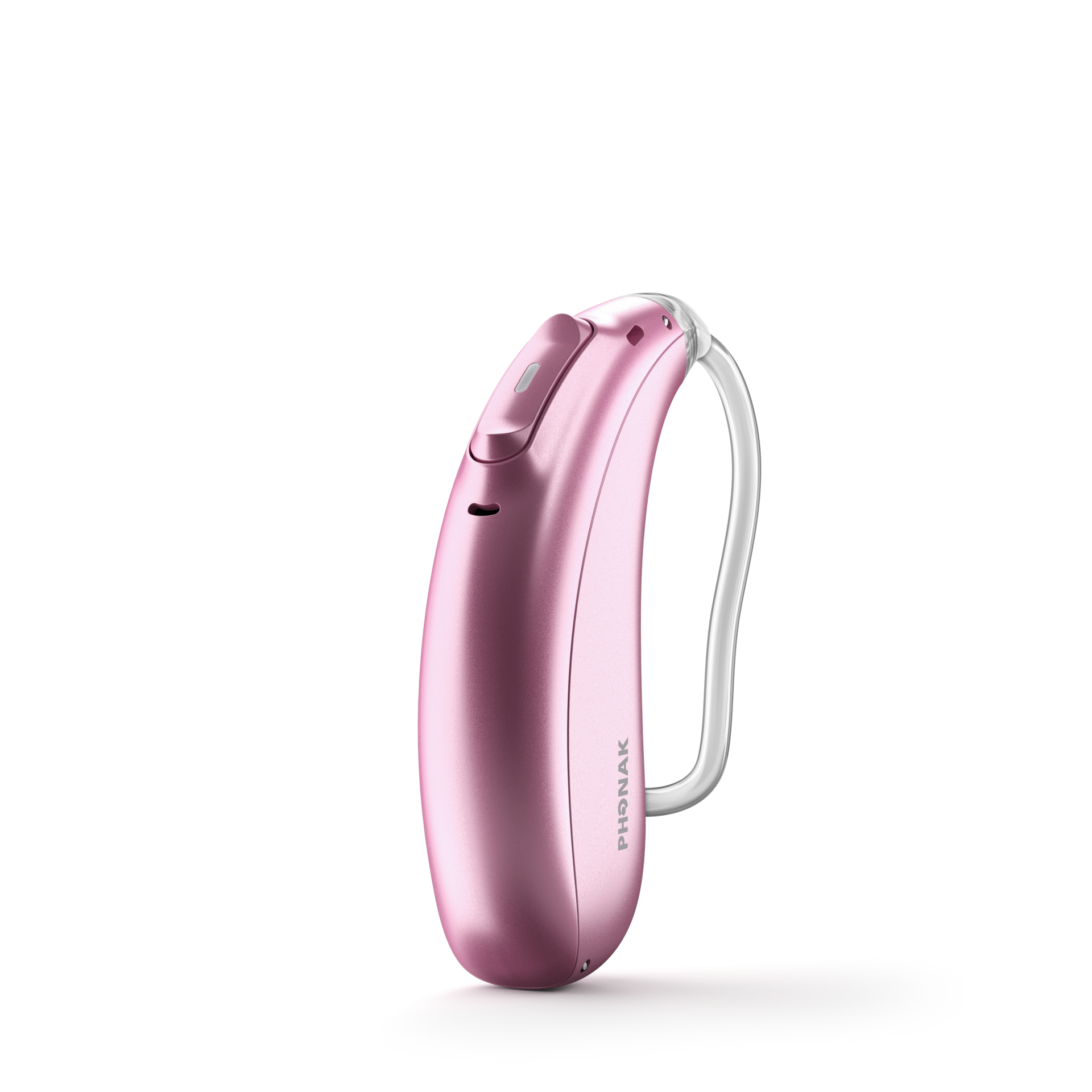
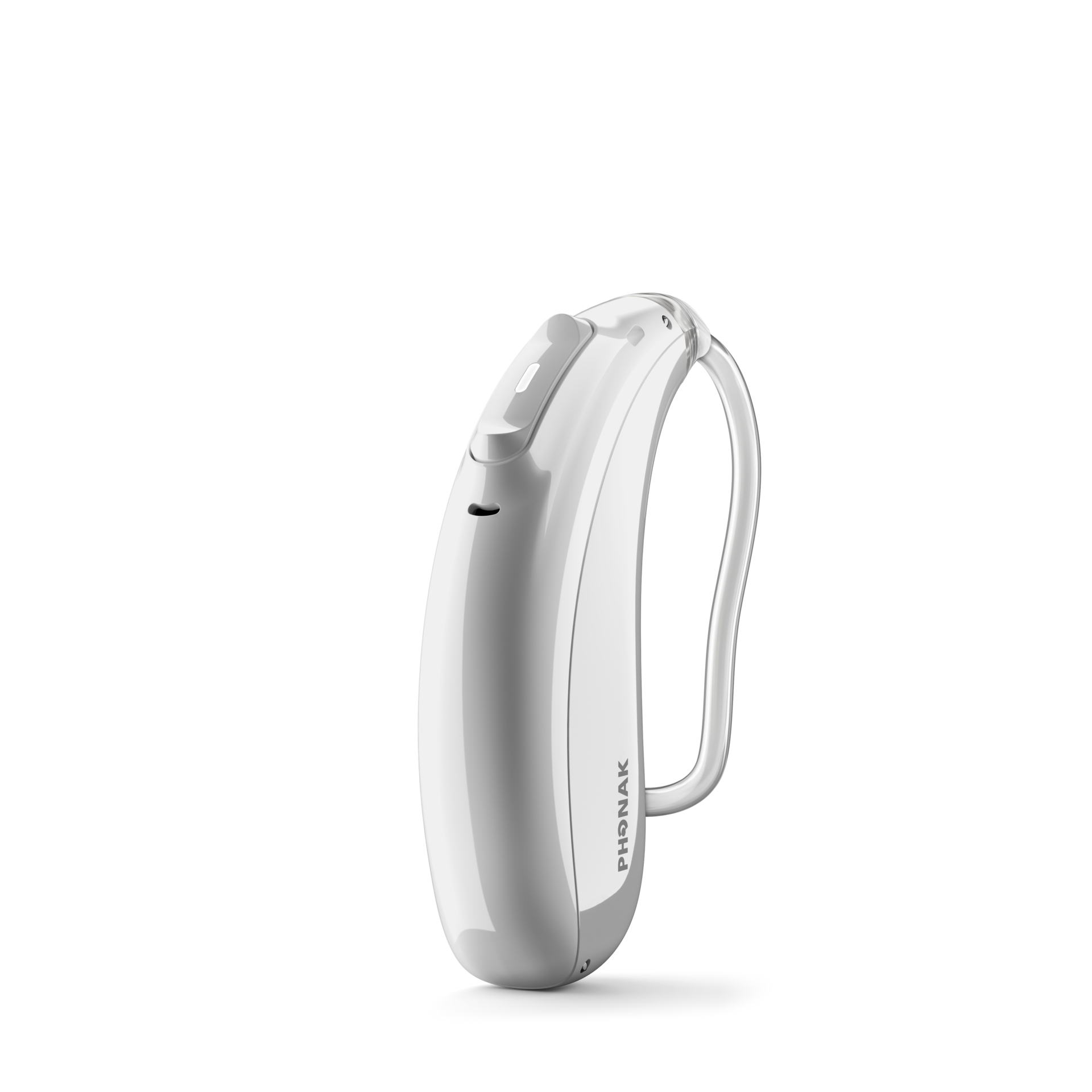


Colors to match any personality
Hearing aid color
Hearing aid color

How it works
There are a couple things to keep in mind in order for the Roger Focus II to work.
- The Roger Focus II needs to be connected to a Roger microphone. This microphone is worn by the teacher or a specialist.
- The Roger microphone sends the sound directly to the Roger Focus ll behind the child’s ear, overcoming background noise and distance.
- If the noise increases, the microphone will automatically adjust the volume of the voice in regard to the background noise.
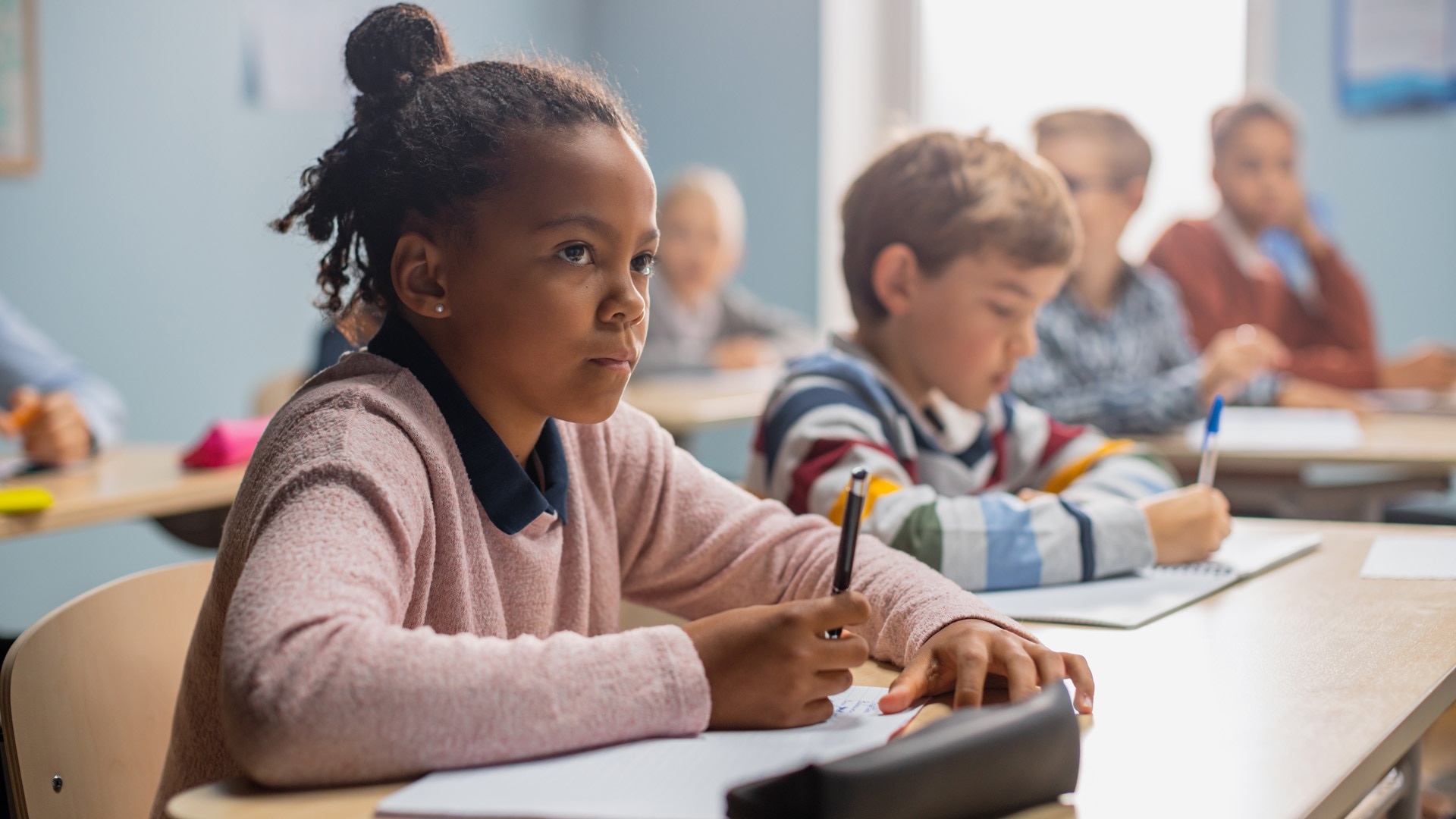
How it helps
There are several ways that the Roger Focus II is beneficial for kids with UHL, APD, and ASD.
For children with Unilateral Hearing Loss
Being able to clearly hear instructions over distracting classroom noises can make a positive difference in a child’s education and progression. Classrooms are often noisy, and children cannot always be seated close to the teacher, making it particularly hard for them to listen and learn. When using Roger Focus II, children with UHL have better speech recognition in both quiet and noise compared to no technology.¹
For children with Autism Spectrum Disorder
Autism Spectrum Disorder (ASD) can have a major impact on children’s lives, particularly when it comes to their success in school. Roger technology has been proven to help children with ASD2 to concentrate better on the teacher’s words and to communicate and engage better with their fellow students.
For children with Auditory Processing Disorder
Children with Auditory Processing Disorder (APD) find it tough to focus on what’s being said, especially in noisy environments like classrooms. Remote microphone systems, like Roger technology, have been shown to help children with APD3 focus on what’s being said no matter how far they are from the teacher.
Improving your child’s wellbeing
Hearing well is an essential part of your child’s social and emotional wellbeing.
Mason=gain confidence with roger
Mason wearing the Roger™ Focus has opened up so many different avenues for him.
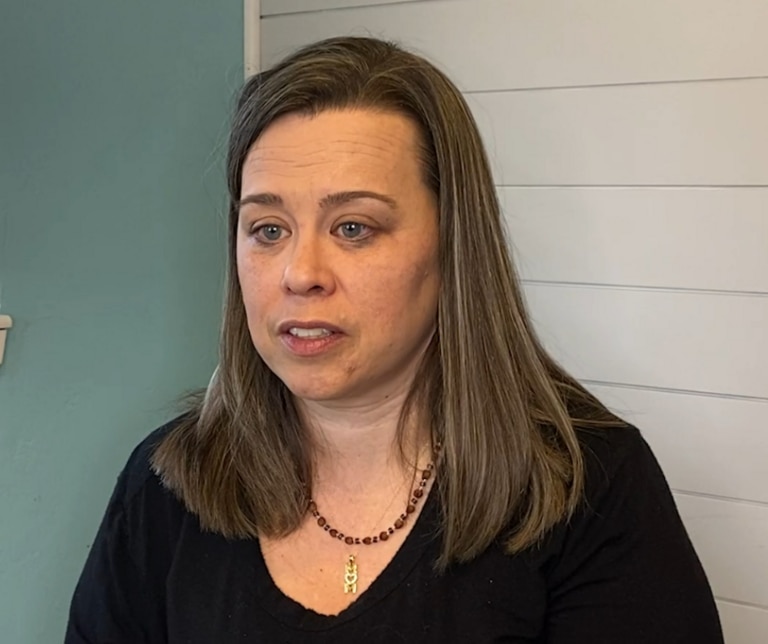

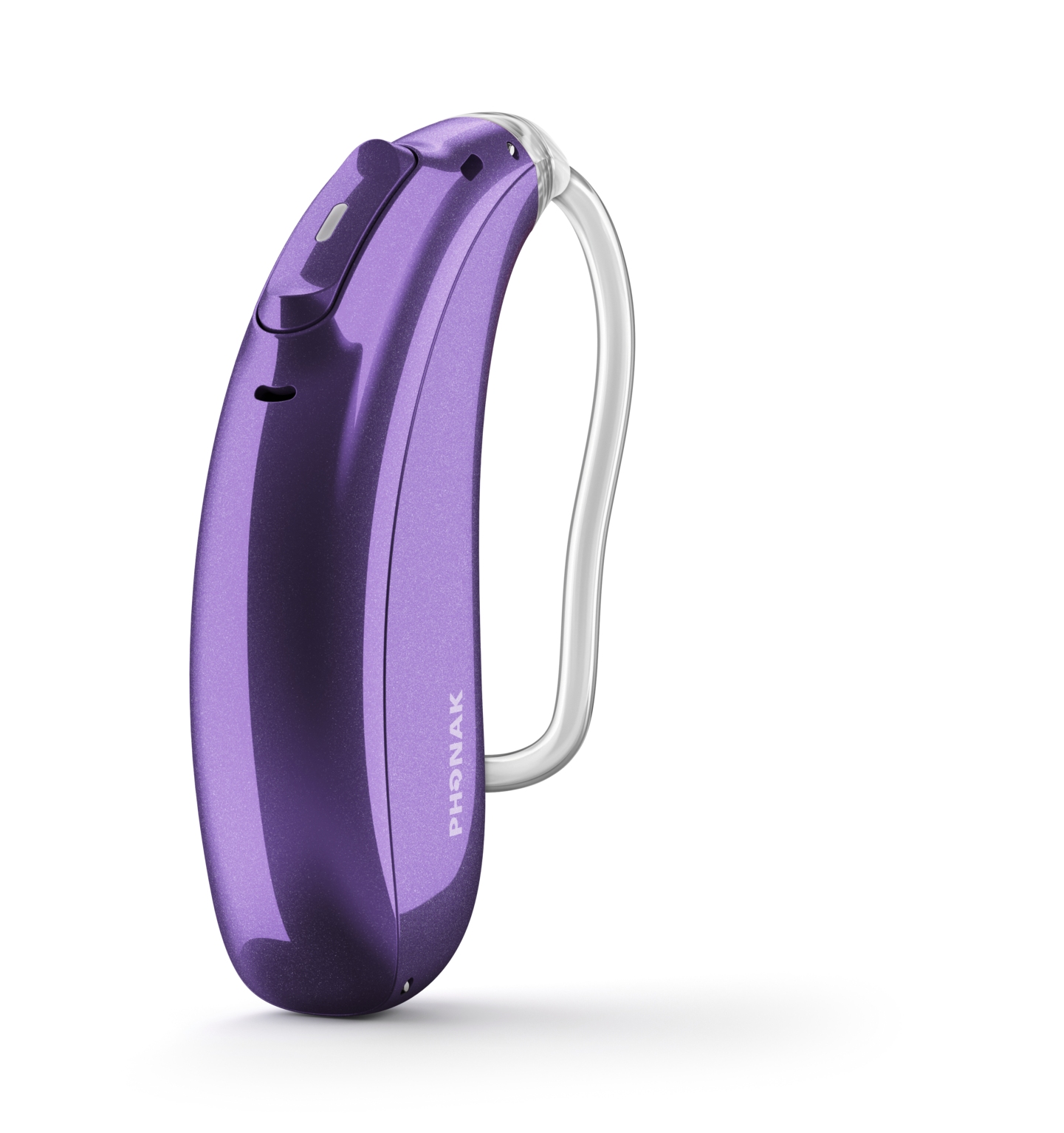
Hardware features
Roger Focus II comes in two models. While Roger Focus II is rechargeable and offers up to 20hrs of constant Roger streaming, Roger Focus II-312 uses a Zinc Air battery. Here are the features you can enjoy on both models:
Compatible
Compatible to suit both small and large ears.
Robust design
An IP68* rating makes this model robust enough for when life gets a bit wet4.
Volume control
Volume can be set to suit individual needs then locked to ensure settings aren’t accidentally changed.
Tamperproof
Tamperproof or nonexistent battery doors keep batteries away from children’s fingers and mouths.
Connectivity and compatibility
The Roger Focus II is a wearable Roger receiver that is compatible with all Roger microphones and easily used alongside other technology—both inside and outside the classroom. Students can connect to the full portfolio of Roger microphones with just one click and can seamlessly switch between paired microphones without needing to reconnect.
Resources and downloads
Need product support?
- Troubleshooting
- Maintenance
- Compatibility
You may also like
Footnotes
* IP68 indicates that the hearing aid is water and dust resistant. It survived continuous immersion in 1 meter of fresh water for 60 minutes and 8 hours in a dust chamber as per the IEC60529 standard.
Nelson, J. & Dunn, A. (2021). Roger Focus II in children with Unilateral Hearing Loss. Field Study News, www.phonak.com/evidence,
Rance, G., Saunders, K., Carew, P., Johansson, M., Tan, J. (2014). The use of listening devices to ameliorate auditory deficit in children with autism. The Journal of Pediatrics, 352 – 357.
Johnston, K.N., John, A.B., Kreisman, N.V., Hall III, J.W. and Crandell, C.C. (2009). Multiple benefits of personal FM system use by children with auditory processing disorder (APD). International Journal of Audiology, 48,371-378
Appleton, J. (2018). Not letting a little water get in the way of a child’s life. Phonak Field Study News, retrieved from www.phonak.com/evidence, accessed August 19th, 2019.

